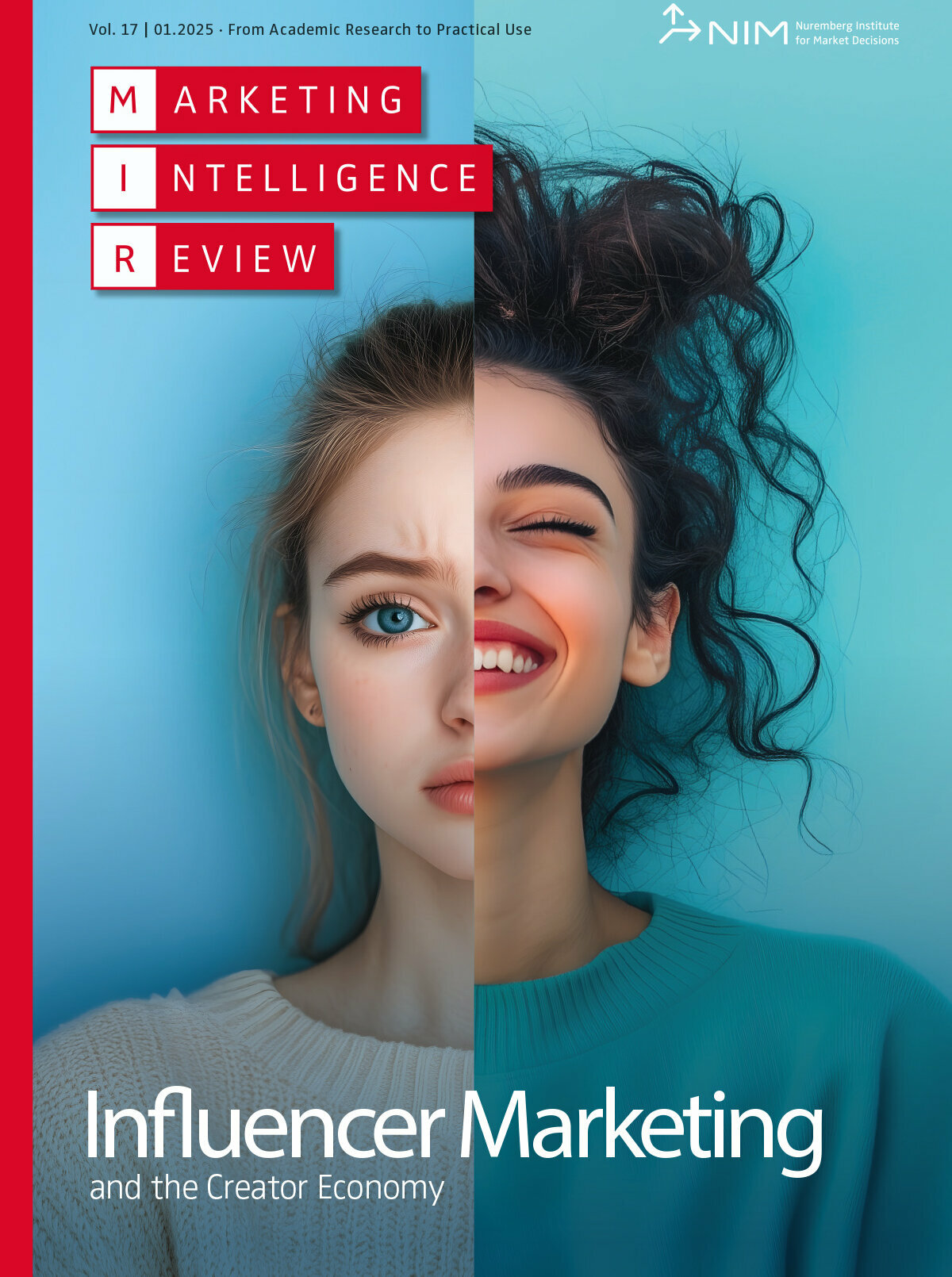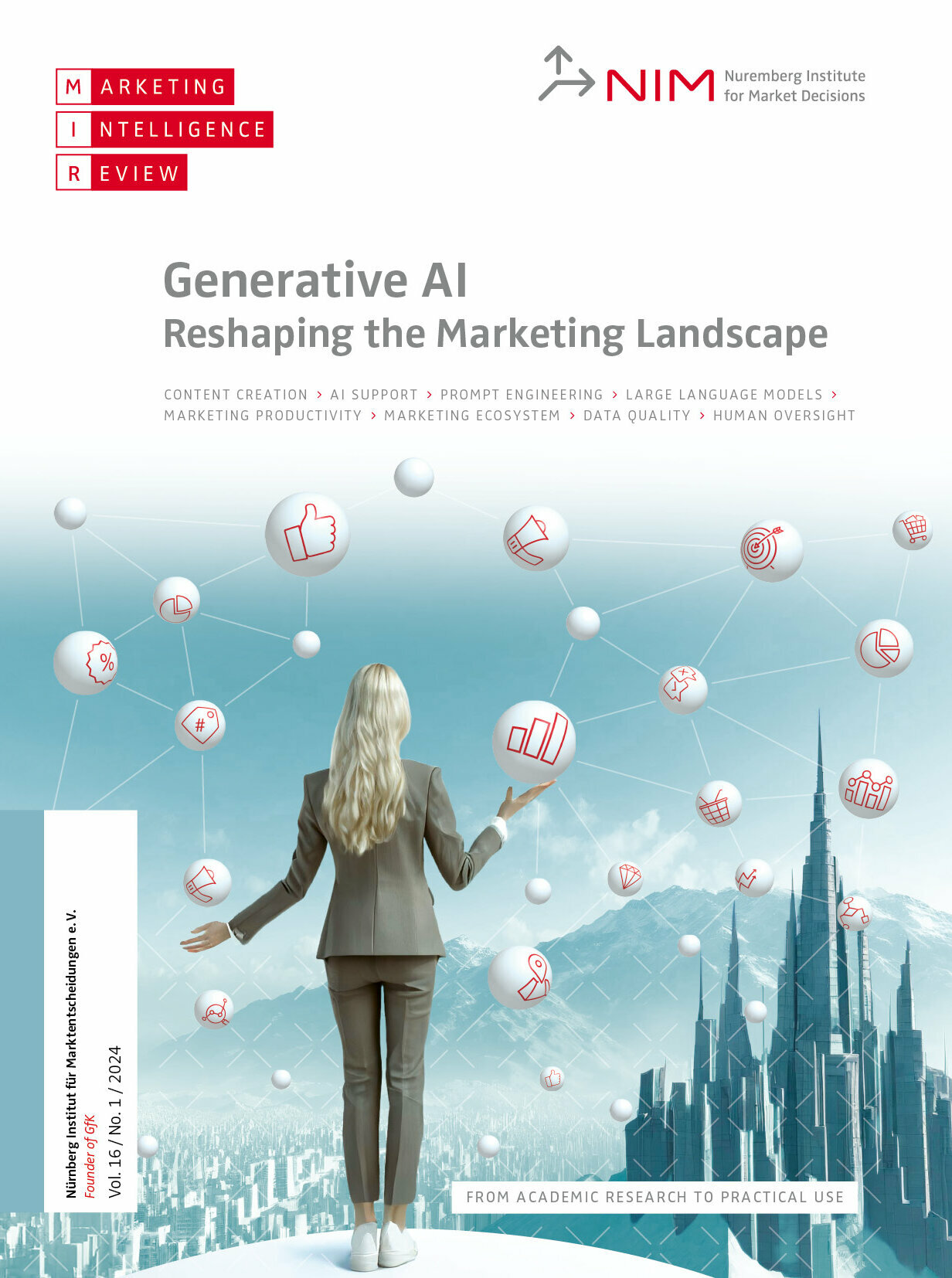Tell Me Where You Are and I’ll Tell You What You Want: Using Location Data to Improve Marketing Decisions
Martin Spann, Dominik Molitor and Stephan Daurer
Location data has become more and more accessible. Smartphone applications such as location-based services collect location data on a large scale. Up to now, most approaches have relied on past data, but new developments in machine learning and artificial intelligence will soon enable more dynamic real-time use of location data. Companies that embrace these technologies will be able to create competitive advantages.
Location data offers great potential to improve a variety of marketing decisions such as targeted pricing and advertising, store locations and in-store layout. Location based advertising is currently the most common application. It allows targeting all customers within a certain distance of a store. Besides advertising, location data can be used for dynamic pricing decisions. Customers close to competitor’s locations can be charged a lower price for particular products via discounts in order to reduce switching costs. Indoor tracking can help to optimize store design or the positioning of categories and brands. Granular location data about consumers’ movements hence further allows for minimizing potential offline transaction costs based on the distances to stores.
![[Translate to English:] [Translate to English:]](/fileadmin/_processed_/1/d/csm_16002_mir_02_2016_englisch_161027_Kap1_dc3b0c1bda.png)
![[Translate to English:] [Translate to English:]](/fileadmin/_processed_/3/6/csm_16002_mir_02_2016_englisch_161027_Kap2_763e60ab89.png)
![[Translate to English:] [Translate to English:]](/fileadmin/_processed_/4/e/csm_16002_mir_02_2016_englisch_161027_Kap3_6262d013a3.png)
![[Translate to English:] [Translate to English:]](/fileadmin/_processed_/8/6/csm_16002_mir_02_2016_englisch_161027_Kap5_f209e865d2.png)
![[Translate to English:] [Translate to English:]](/fileadmin/_processed_/a/d/csm_16002_mir_02_2016_englisch_161027_Kap6_15f4771e1a.png)
![[Translate to English:] [Translate to English:]](/fileadmin/_processed_/0/2/csm_8_2_schmidberger_de_7a5cbec6aa.jpeg)
![[Translate to English:] [Translate to English:]](/fileadmin/_processed_/7/5/csm_bosch_gfk_vol_8_no_2_deutsch_6be2efd438.png)


